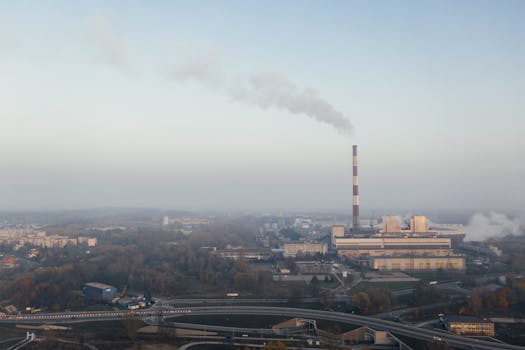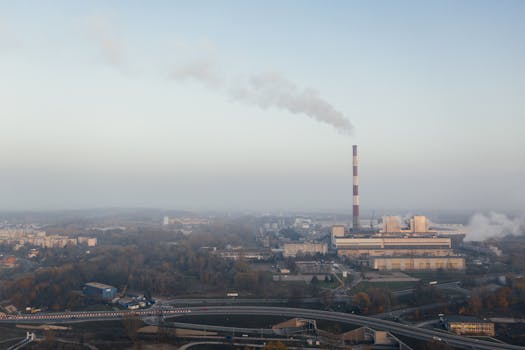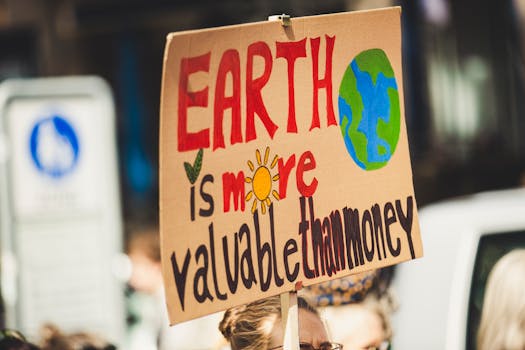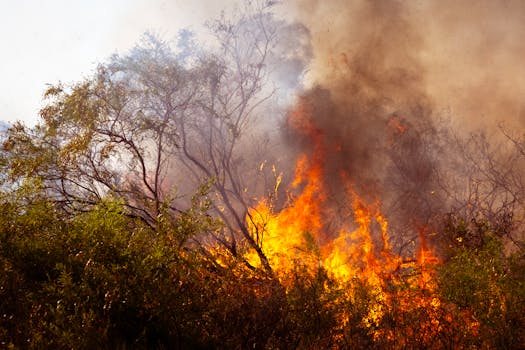
The Impact of Climate Change on Global Ecosystems
Introduction to Climate Change and Ecosystems

Climate change is one of the most pressing issues of our time, with far-reaching consequences for the health of our planet. The impact of climate change on global ecosystems is a critical area of concern, as rising temperatures, changing precipitation patterns, and increased frequency of extreme weather events alter the delicate balance of ecosystems around the world. In this article, we will explore the effects of climate change on ecosystems, including rising temperatures, more frequent natural disasters, and altered species distributions.
Effects of Climate Change on Ecosystems

Climate change is having a profound impact on ecosystems around the world. Rising temperatures are altering the distribution of plants and animals, disrupting delicate food webs, and changing the way ecosystems function. More frequent and severe heatwaves, droughts, and storms are also having a devastating impact on ecosystems, leading to the loss of biodiversity and ecosystem resilience.
One of the most significant effects of climate change on ecosystems is the alteration of species distributions. As temperatures rise, many species are being forced to migrate to higher latitudes or elevations in search of cooler temperatures. This can lead to changes in community composition, altered nutrient cycling, and disruptions to ecosystem processes.
Consequences of Climate Change for Ecosystems

The consequences of climate change for ecosystems are far-reaching and devastating. Rising temperatures and changing precipitation patterns are altering the distribution of plants and animals, leading to the loss of biodiversity and ecosystem resilience. More frequent and severe natural disasters are also having a significant impact on ecosystems, leading to the loss of habitat and the disruption of ecosystem processes.
In addition to these direct impacts, climate change is also having indirect effects on ecosystems. For example, changes in ocean chemistry and temperature are altering the distribution of marine species, while changes in precipitation patterns are affecting the quality and quantity of freshwater resources.
Conclusion

In conclusion, the impact of climate change on global ecosystems is a critical issue that requires immediate attention and action. Rising temperatures, more frequent natural disasters, and altered species distributions are just a few of the many ways in which climate change is affecting ecosystems around the world. It is essential that we take action to reduce greenhouse gas emissions, protect and restore natural habitats, and promote ecosystem resilience in the face of climate change.






